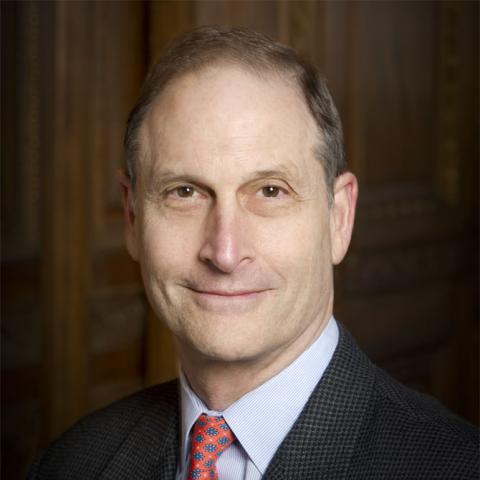If you want to understand health care in America, go to Broadway, where Hamilton is playing nightly to sold-out crowds. Better yet, read the Ron Chernow biography, Alexander Hamilton, on which the show is based.
In health care politics—and in all our politics—the United States is still living out the conflict between Alexander Hamilton and Thomas Jefferson that flared in the 1790s. On the surface, the fight was about whether the federal government had the right to establish a central bank. But the split went far, far deeper.
Jefferson and his ally, James Madison, both Virginia planters, hewed to a vision of America as an agrarian republic in which states were the dominant governmental authority and citizen farmers were the economic engine. A New Yorker, Hamilton favored a strong federal government that could unite the states into a powerful new country with a modern industrial economy.
Slavery was also a factor in the political divide. The Virginians were fearful that Northerners would attack what they called “their peculiar institution.” Hamilton deeply opposed slavery.
To some extent, Jefferson and Madison’s distrust of central government grew directly and powerfully out of resentment toward the English king and parliament. Hamilton, a revolutionary war hero, nevertheless found aspects of English and European institutions worth emulating.
To an extraordinary extent, this conflict between states’ rights, rural values, and insularity on the one hand, and federal authority, urban values, and openness on the other, continues to animate American political life. Here is the origin of so many of our conflicting ideological and cultural instincts: suspicion of central authority and a strong belief in American exceptionalism versus trust in Washington’s ability to solve problems and a willingness to look abroad for inspiration and solutions.
As a result, conservatives see the Affordable Care Act, or Obamacare, as an illegitimate overreach by the federal government with European socialist overtones. Many liberals favor even stronger federal intervention through a European style single-payer health system.
The fact that these disparate worldviews continue to lurk deep within America’s collective subconscious—and to shape our policy choices—reveals the power of history and culture in the fate of nations.



